Extra-virgin olive oil must adhere to strict criteria established by regulatory organisations like the International Olive Council in order to be labelled as such. These standards include factors such as acidity levels, flavor, and aroma. Extra-virgin olive oil typically has an acidity level of less than 0.8%, a fruity and slightly bitter taste, and a distinct aroma.
Extra-virgin olive oil is commonly used in cooking, as a salad dressing, and as a finishing oil to add flavor to dishes. It is also rich in monounsaturated fatty acids and antioxidants, which are believed to provide numerous health benefits, such as reducing inflammation, improving heart health, and reducing the risk of chronic diseases.
Table of Contents
Health Benefits:
Extra-virgin olive oil (EVOO) is one of the most widely used cooking oils, and it is also a staple of the Mediterranean diet. Here are some of the health benefits of EVOO:
- Rich in healthy fats: EVOO is high in monounsaturated fatty acids (MUFAs), which are healthy fats that can help reduce inflammation and improve heart health.
- Lowers the risk of heart disease: Studies have shown that diets rich in olive oil can reduce the risk of heart disease by lowering levels of LDL (bad) cholesterol and reducing inflammation.
- Anti-inflammatory properties: EVOO contains polyphenols, which are natural antioxidants that have anti-inflammatory properties that can help prevent chronic diseases.
- Improves brain function: The polyphenols in EVOO can help improve cognitive function and reduce the risk of neurodegenerative diseases like Alzheimer's and Parkinson's.
- Reduces the risk of cancer: Some studies suggest that a diet rich in olive oil can reduce the risk of certain types of cancer, such as breast and colon cancer.
- Improves bone health: The polyphenols in EVOO can help improve bone density and reduce the risk of osteoporosis.
Overall, EVOO is a healthy choice for cooking and can provide numerous health benefits when consumed as part of a balanced diet. It is important to choose high-quality EVOO that is cold-pressed, unrefined, and stored in a dark, cool place to preserve its healthful properties.
Different ways to use extra-virgin olive oil in your cooking
Extra-virgin olive oil is a versatile ingredient that can be used in many ways in cooking. Here are some common ways to use it:
- Salad Dressing: Extra-virgin olive oil is perfect for making salad dressings. You can combine it with vinegar, lemon juice, or other acidic ingredients to create a delicious vinaigrette.
- Sauteing and Frying: Extra-virgin olive oil has a high smoke point, which makes it suitable for sauteing and frying. It can be used to cook vegetables, meats, and fish.
- Roasting and Grilling: Extra-virgin olive oil is great for roasting or grilling vegetables, meats, and fish. Brushing it over the food before cooking can add flavor and prevent sticking.
- Marinades: Extra-virgin olive oil can be used in marinades to add flavor and tenderize meat or vegetables. Mix it with herbs, spices, and acid (such as vinegar or lemon juice) for a delicious marinade.
- Dipping Sauce: Extra-virgin olive oil can be used as a dipping sauce for bread, vegetables, or crackers. You can add herbs, spices, and garlic to create a flavorful dip.
- Baking: Extra-virgin olive oil can be used in baking recipes as a substitute for butter or other oils. It can add moisture and flavor to cakes, muffins, and bread.
When using extra-virgin olive oil in cooking, it is important to use it in moderation as it is high in calories. Also, use a high-quality oil as it can significantly affect the taste of your dish.
Types of extra-virgin olive oils and their flavor profiles
There are several types of extra-virgin olive oils, each with its unique flavor profile. Here are some of the most common types:
- Arbequina: This oil comes from the Arbequina olive, which is grown mainly in Catalonia, Spain. It has a fruity flavor, with notes of green apple, almond, and herbs. It is ideal for use in salads, dressings, and dips.
- Picual: This oil comes from the Picual olive, which is grown mainly in Andalusia, Spain. It has a robust, pungent flavor with notes of tomato, grass, and herbs. It is ideal for use in sautéing, frying, and roasting.
- Koroneiki: This oil comes from the Koroneiki olive, which is grown mainly in Greece. It has a fruity, slightly bitter flavor with notes of green banana, grass, and herbs. It is ideal for use in salads, dressings, and marinades.
- Frantoio: This oil comes from the Frantoio olive, which is grown mainly in Tuscany, Italy. It has a fruity, pungent flavor with notes of green apple, almond, and artichoke. It is ideal for use in salads, dressings, and as a finishing oil.
- Hojiblanca: This oil comes from the Hojiblanca olive, which is grown mainly in Andalusia, Spain. It has a mild, buttery flavor with notes of almond, banana, and herbs. It is ideal for use in baking, sautéing, and dressings.
- Leccino: This oil comes from the Leccino olive, which is grown mainly in Tuscany, Italy. It has a mild, fruity flavor with notes of apple, artichoke, and herbs. It is ideal for use in salads, dressings, and as a finishing oil.
Each type of extra-virgin olive oil has its unique flavor profile, which can be affected by factors such as the soil, climate, and harvesting methods. It is worth trying different types to find the one that best suits your taste and cooking needs.
Tips for storing extra-virgin olive oil to ensure optimal freshness
Proper storage of extra-virgin olive oil is crucial to ensure its optimal freshness, flavor, and nutritional value. Here are some tips to keep in mind when storing extra-virgin olive oil:
- Store in a cool, dark place: Exposure to light, heat, and air can degrade the quality of extra-virgin olive oil. Store it in a cool, dark place, away from direct sunlight, heat sources, and air. A pantry or a kitchen cupboard is a good option.
- Use a dark glass bottle: Extra-virgin olive oil is best stored in a dark glass bottle that can protect it from light and UV radiation. Avoid using plastic or clear glass bottles as they can allow light to pass through.
- Seal the bottle tightly: Make sure the bottle is tightly sealed to prevent air from getting in. Oxygen can cause the oil to oxidize, reducing its flavor and nutritional value.
- Use within a reasonable time: Extra-virgin olive oil is best consumed within 6 to 12 months of opening. Over time, it can lose its freshness, flavor, and nutritional value. To ensure you're using the freshest oil, it's best to buy smaller quantities and replenish your supply regularly.
- Don't store in the refrigerator: Storing extra-virgin olive oil in the refrigerator can cause it to solidify and lose its flavor. Keep it at room temperature instead.
By following these tips, you can ensure that your extra-virgin olive oil stays fresh, flavorful, and nutritious for as long as possible.
Best practices for choosing the right variety of extra-virgin olive oil
Choosing the right variety of extra-virgin olive oil can greatly affect the taste and quality of your dish. Here are some best practices to keep in mind when choosing the right variety:
- Consider the use: Different varieties of extra-virgin olive oil have different flavor profiles and smoke points, which make them suitable for different uses. For example, a fruity and mild oil like Hojiblanca is ideal for baking, while a robust and pungent oil like Picual is suitable for sautéing and frying. Consider the intended use of the oil before making a selection.
- Look for high-quality oil: High-quality extra-virgin olive oil is made from fresh, ripe olives and is extracted using mechanical means. Look for oil with a low acidity level, typically below 0.8%, as this is an indicator of quality. Avoid oils that have a musty or rancid odor or a greasy texture, as these can indicate poor quality.
- Check the origin: Extra-virgin olive oil from different regions can have different flavor profiles due to factors like soil, climate, and harvesting techniques. Consider the origin of the oil when choosing a variety. Some popular regions for extra-virgin olive oil include Spain, Italy, Greece, and California.
- Taste before buying: If possible, taste the oil before making a purchase. Many specialty food stores offer samples of their extra-virgin olive oil. Tasting can give you an idea of the flavor profile and help you choose the right variety for your needs.
By following these best practices, you can select the right variety of extra-virgin olive oil to enhance the taste and quality of your dishes.

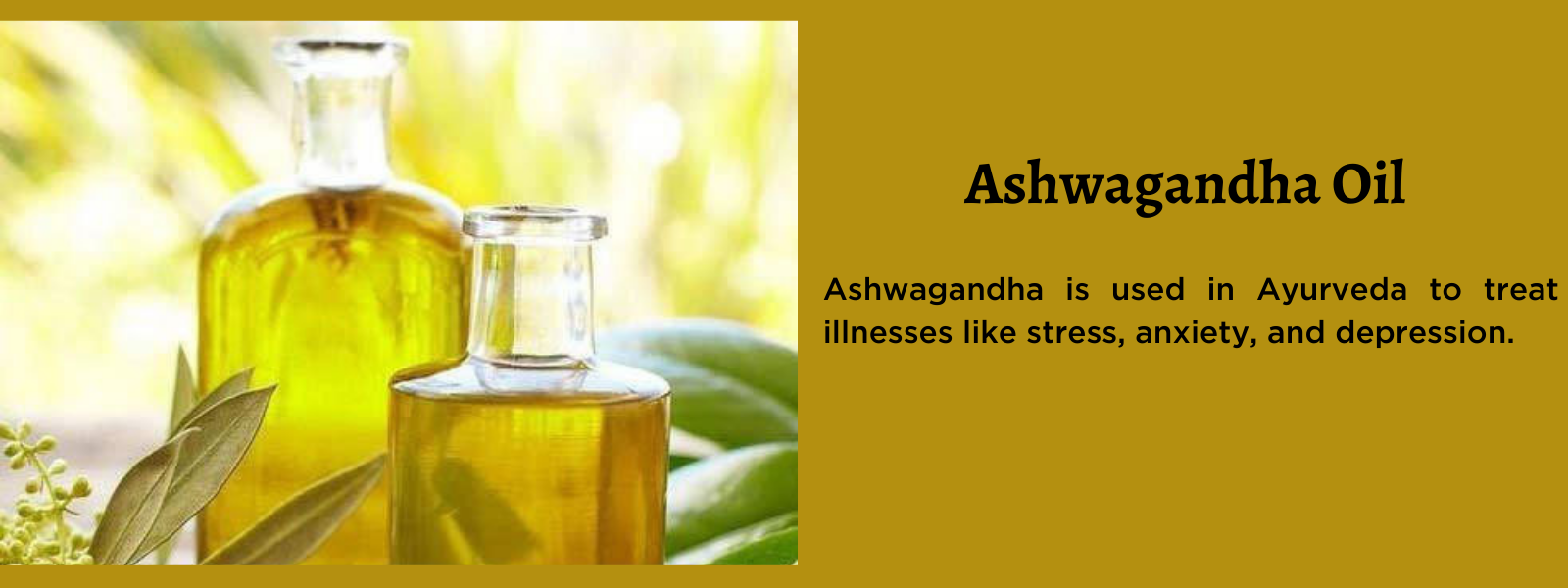
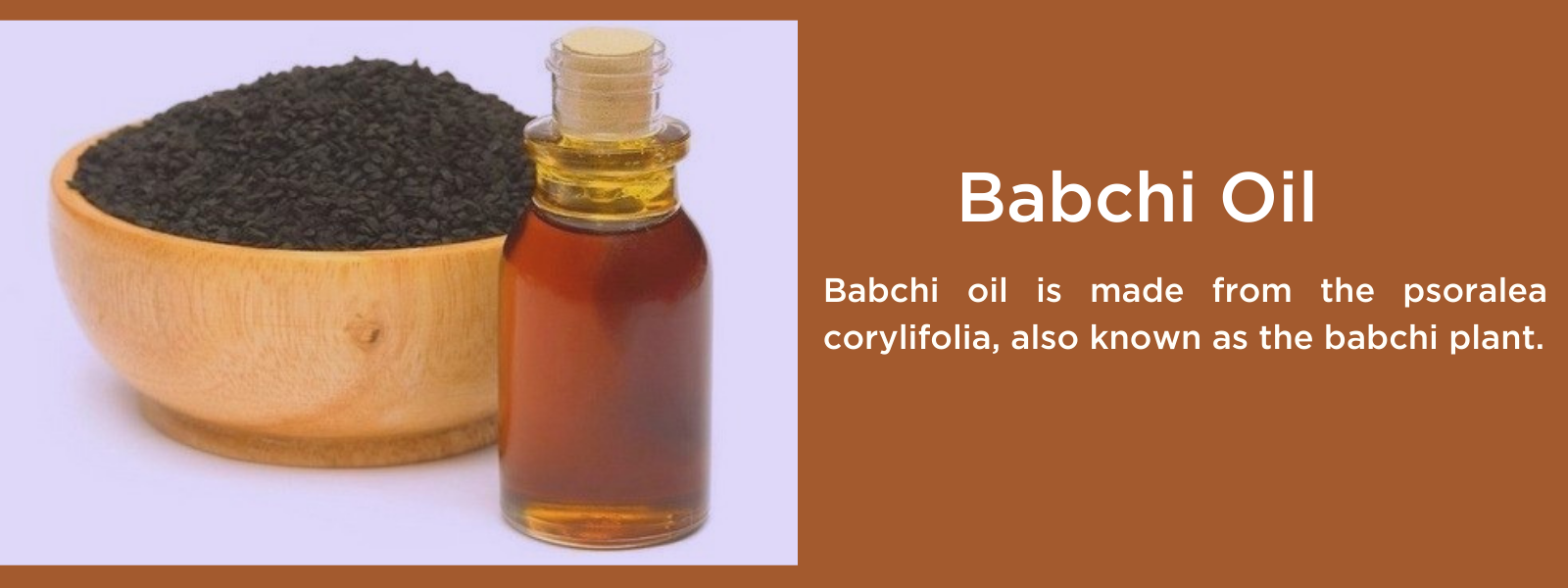
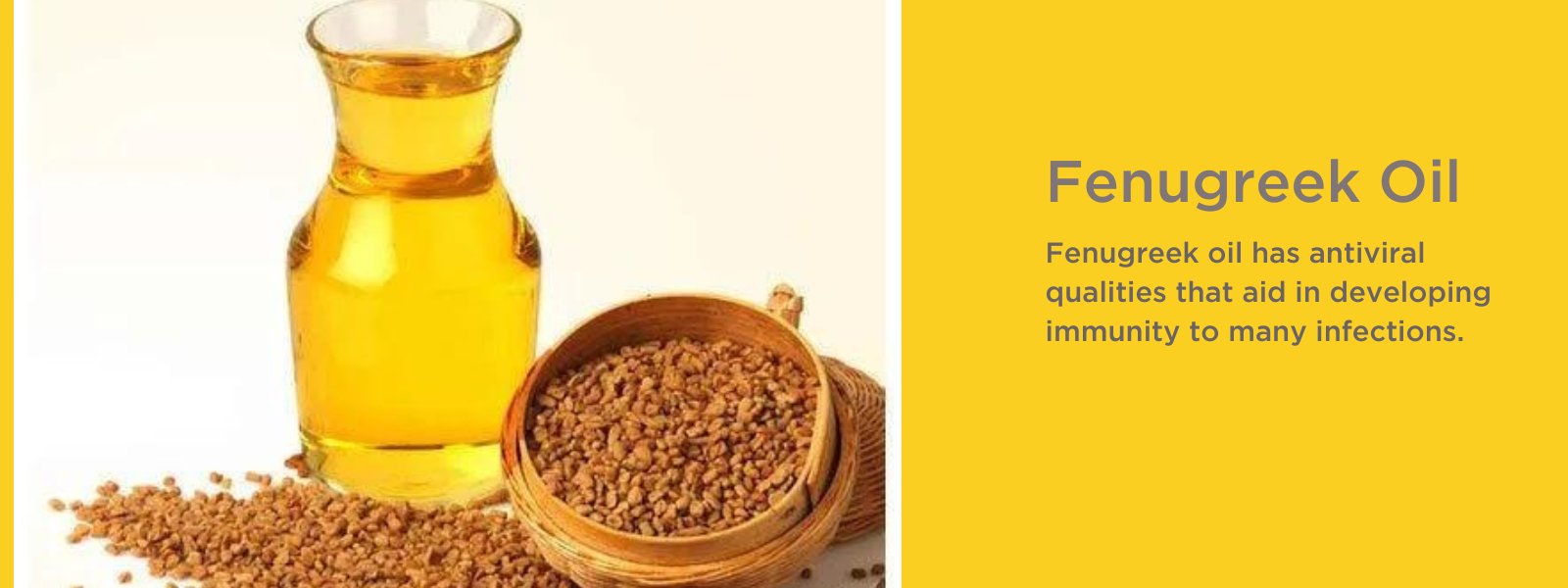
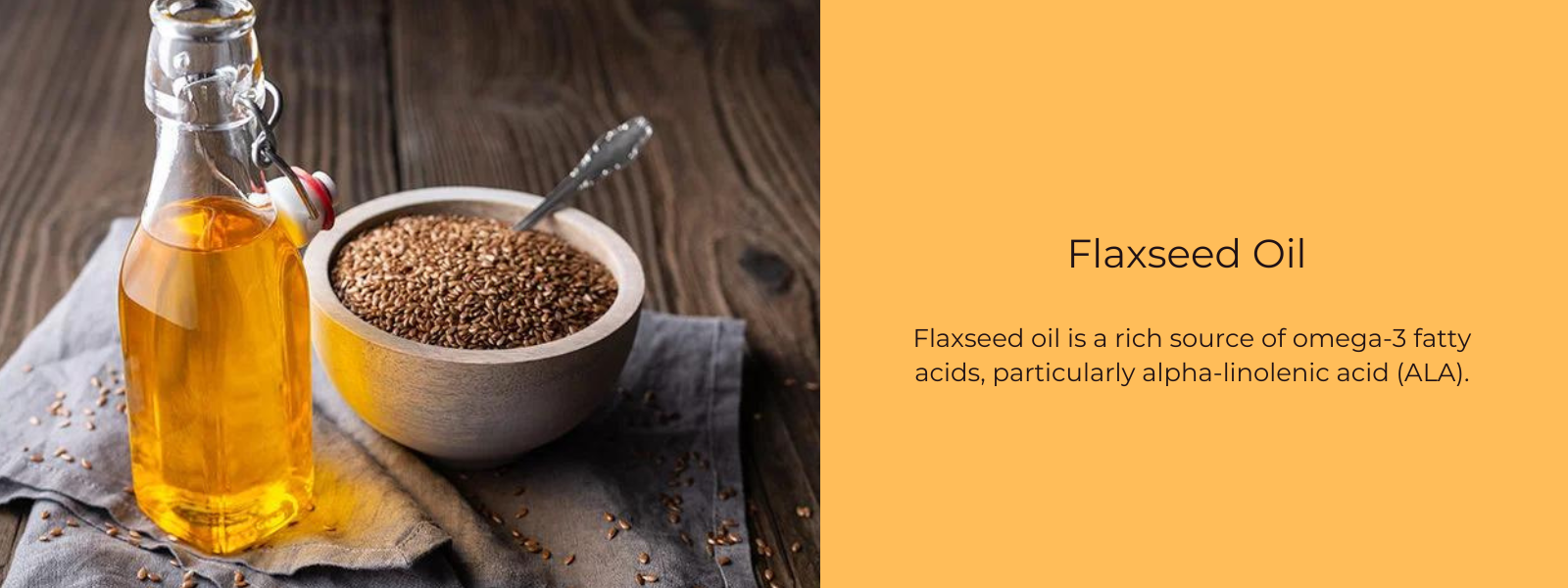
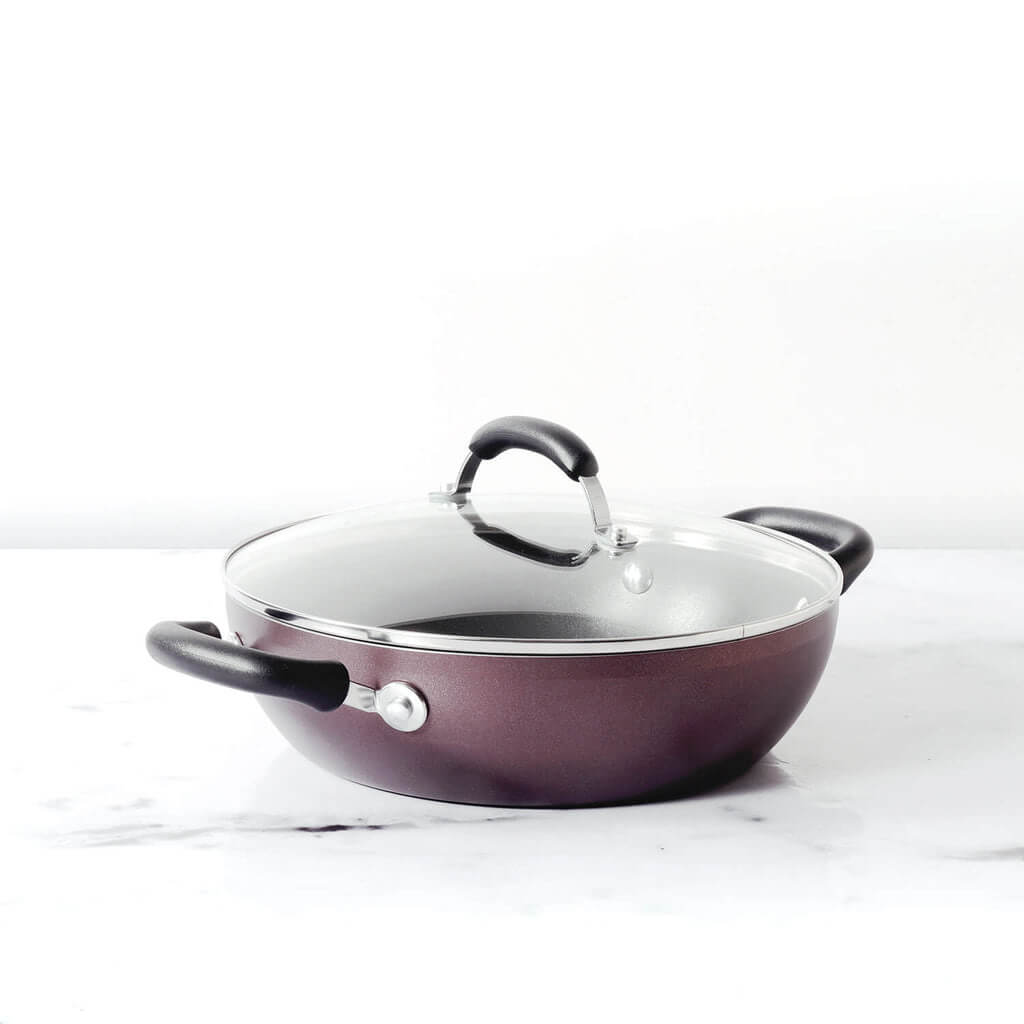
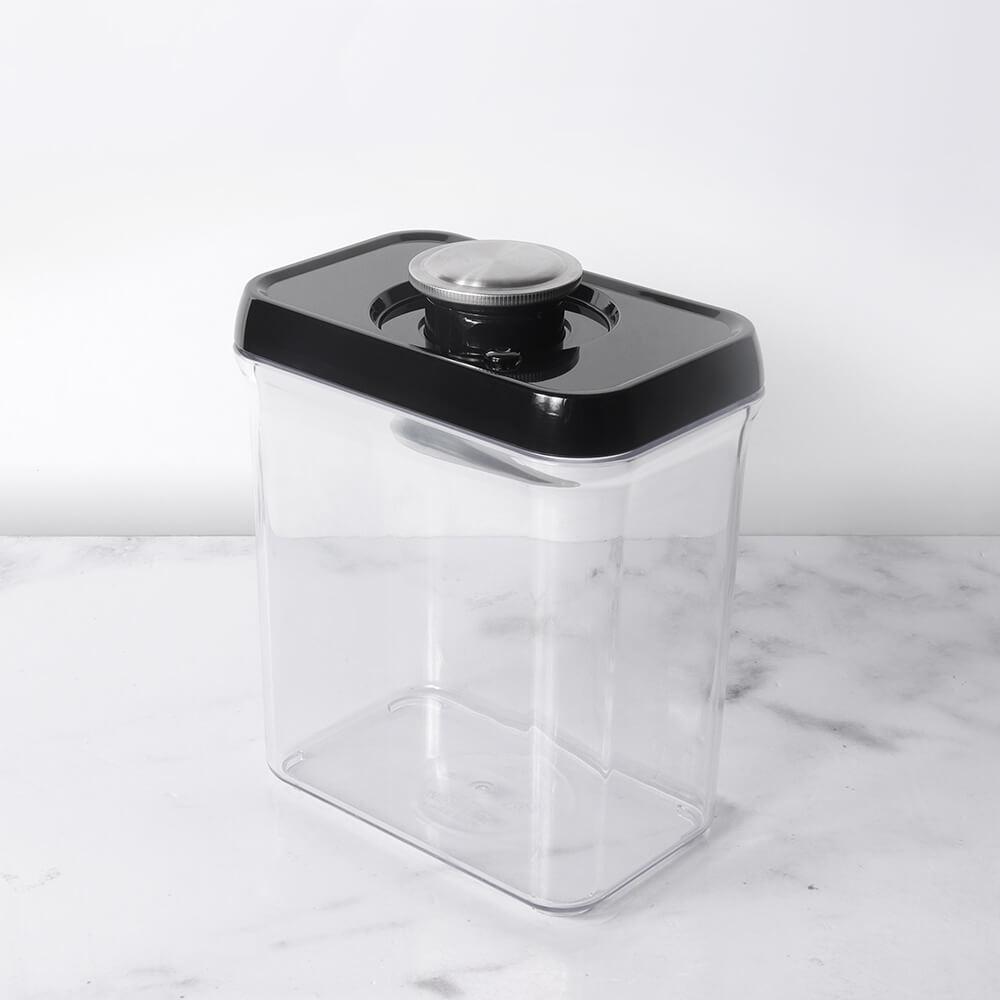




Leave a comment